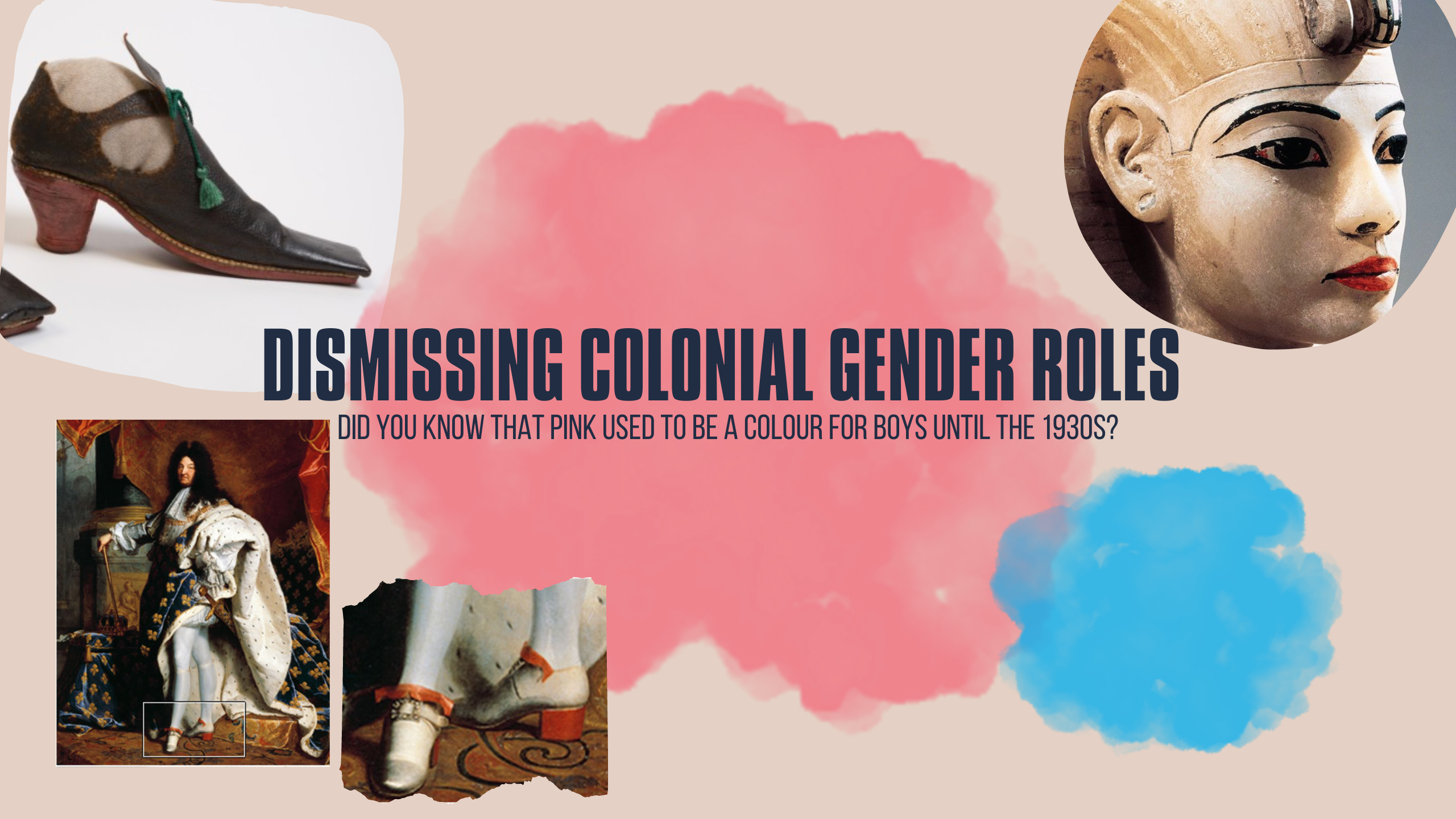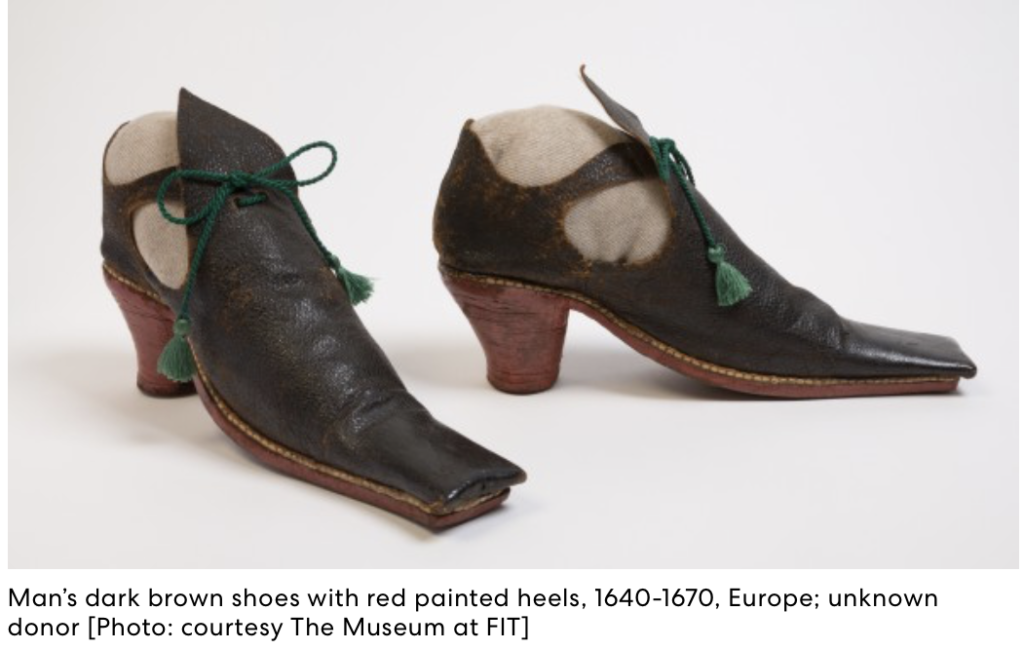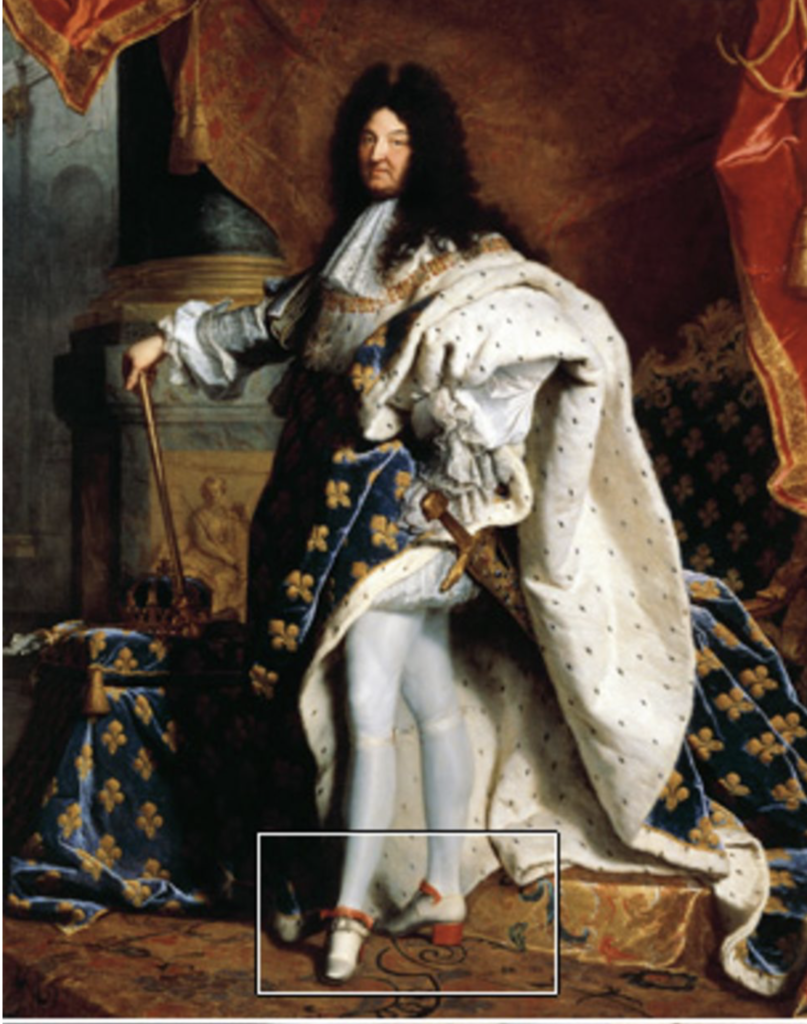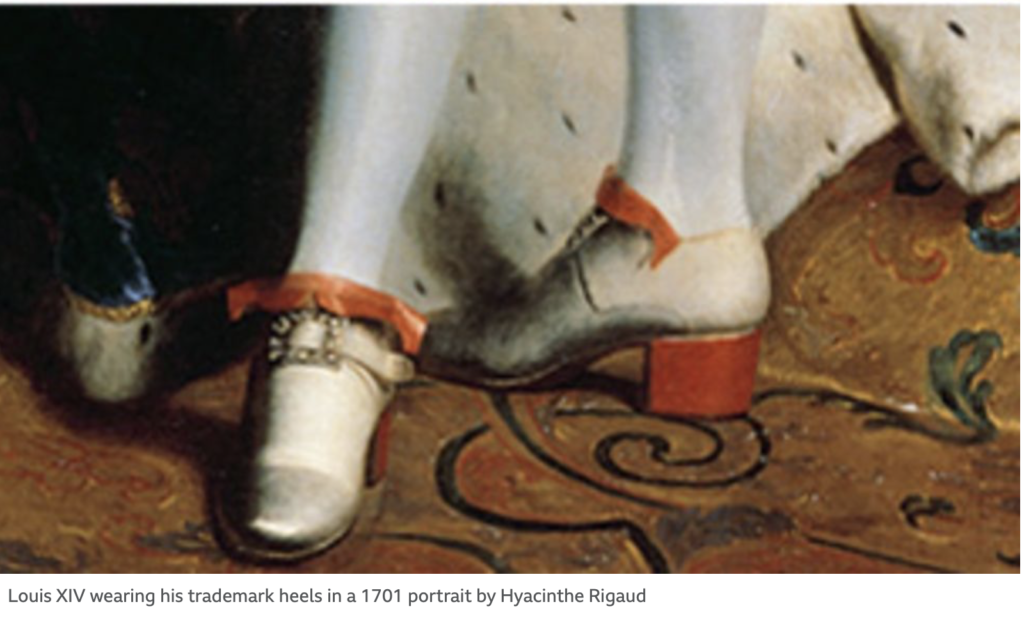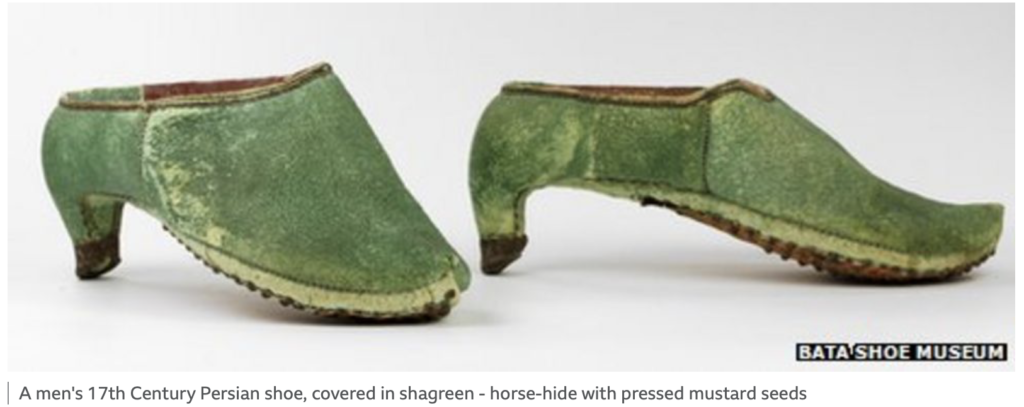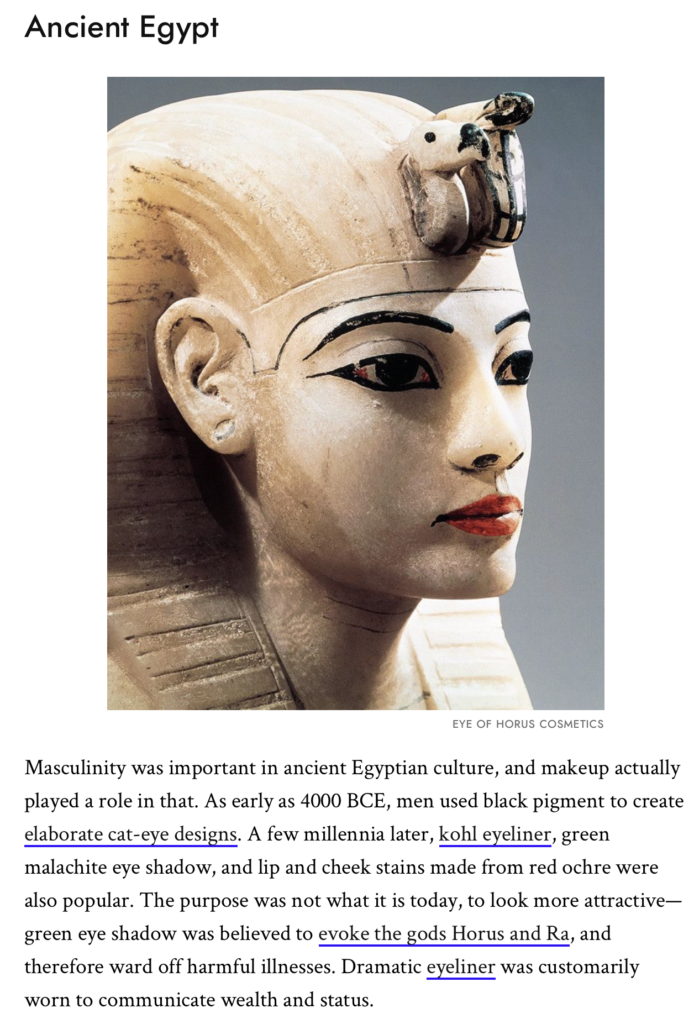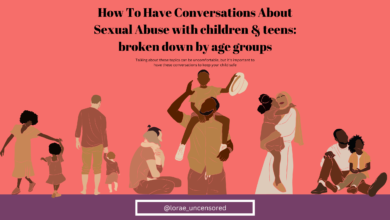
Have you ever noticed how bombarded we are with messages concerning gender roles? It shows up in every aspect of our lives; from special tissue paper for men in black boxes and pricier pink razors for women, to job titles, dress codes and pay. So much of our society is unnecessarily gendered and when we push those expectations onto our children, we limit their future possibilities down to two binary options in almost every area.
When we really consider the things that separate the binary genders of woman and man, it becomes trivial. Did you know that pink used to be a colour for boys until the 1930s when the toy companies started marketing it for girls? (Pink was considered masculine because of its proximity to red). Blue – on the other hand – was for girls. Even the gendered way we dress has repented through the years. High heels were originally invented for men and the earliest records of men wearing make-up dates back to 3,000 B.C. Wearing nail polish during those times was a sign of status or wealth for men and the ‘cat eye’ make-up look was originally gender neutral. Many books could be and have been written on the variety of gender expression in other countries and cultures throughout history and all the way up to the present.
We have unfortunately been locked out of our own historical cultural practices because of the oppression of colonialism and the binary way of thinking that came with it.
We might be tempted to assume that what we think of as traditional gender roles cause little harm, but in reality they contribute to body shame in women and men, and inequalities across the spectrum of life from the socio-economic, to the political and familial.
We contribute constantly to the restrictions that gender roles put on us while we ourselves are marginalized by those same systems that we subscribe to. For example, many of us wouldn’t buy our son a baby doll – as though he would never grow up to be a father. And those of us who refuse to be limited by gender labels and expectations often end up lonely and isolated.
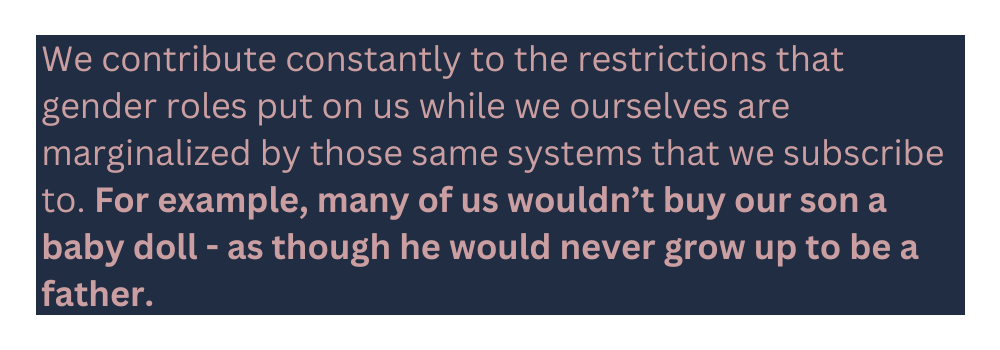
We have more power than we think and can unsubscribe in so many small but meaningful ways. If we collectively decided to free ourselves from this colonial way of thinking we would all have more space to explore and be the truest version of ourselves without fear of judgment and losing our sense of belonging in our community over such a trivial matter.
I invite you to join me on a thought experiment:
In your own life, what would it look like to liberate yourself from the constraints of colonial gender roles?


